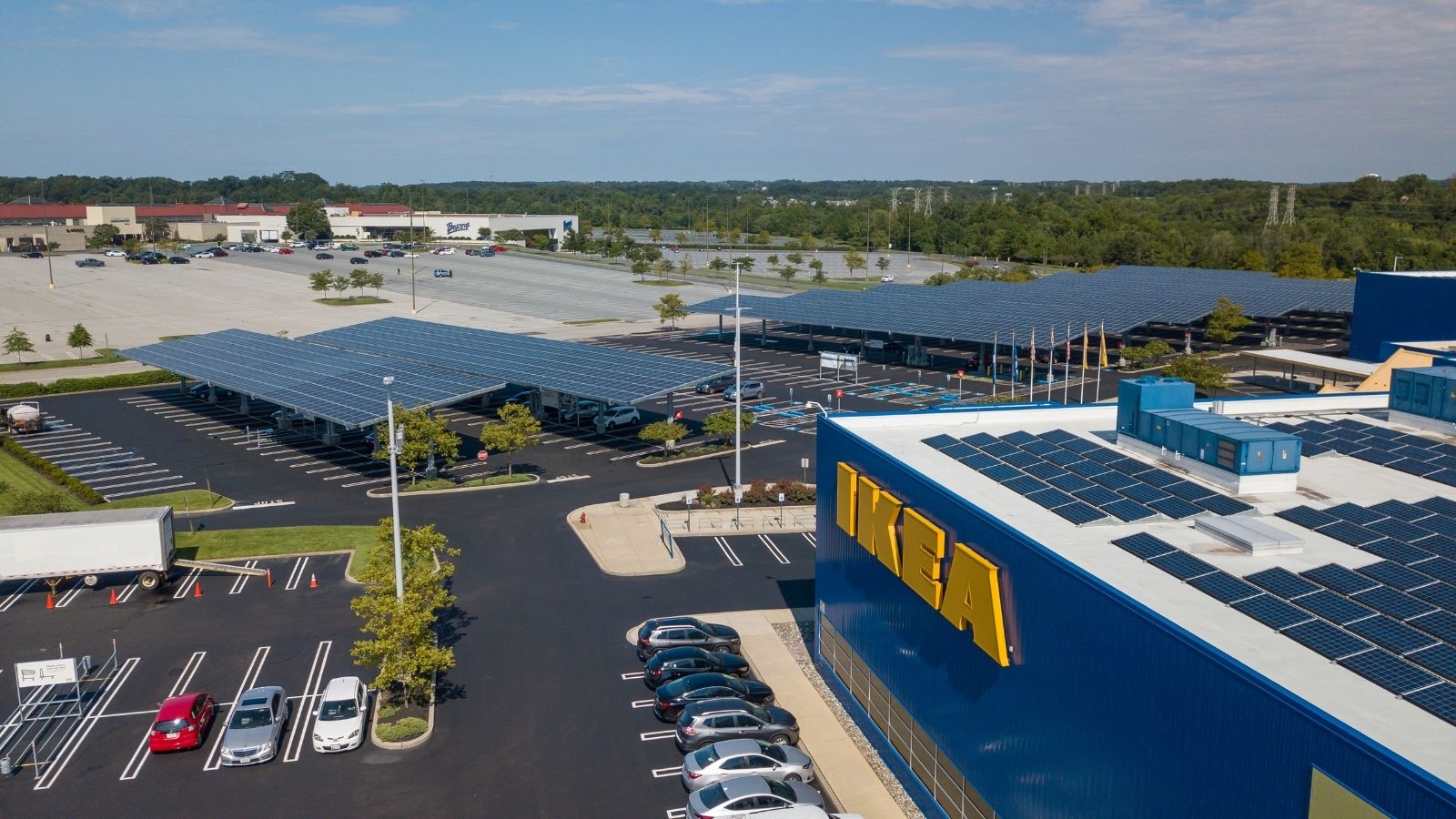
Holding Subsidized Businesses Accountable
Kudos to the state of Iowa for using a “clawback” provision in its economic development subsidies. Iowa, like many states, gives subsidies to businesses to relocate or expand in the state. In exchange for such a subsidy, a business promises to create jobs or stimulate economic activity. However, the business typically doesn’t face any consequences if it fails to achieve what it promised. Not so in Iowa.
Kudos to the state of Iowa for using a “clawback” provision in its economic development subsidies. Iowa, like many states, gives subsidies to businesses to relocate or expand in the state. In exchange for such a subsidy, a business promises to create jobs or stimulate economic activity. However, the business typically doesn’t face any consequences if it fails to achieve what it promised. Not so in Iowa.
Iowa recently announced that it is seeking repayment of a $175,000 forgiveable loan from Peregrine Financial Group for the company’s failure to create the 74 jobs it promised would pay at least $19.74 an hour. The state has also imposed multiple penalties.
In addition, the state is reviewing whether the company failed to meet the conditions attached to other subsidies. Peregrine has filed for bankruptcy and may not be able to pay back the state, but nonetheless Iowa is to be applauded for attaching clear conditions to its financial subsidies and for holding companies accountable.
Topics
Authors
Elizabeth Ridlington
Associate Director and Senior Policy Analyst, Frontier Group
Elizabeth Ridlington is associate director and senior policy analyst with Frontier Group. She focuses primarily on global warming, toxics, health care and clean vehicles, and has written dozens of reports on these and other subjects. Elizabeth graduated with honors from Harvard with a degree in government. She joined Frontier Group in 2002. She lives in Northern California with her son.
Find Out More

A look back at what our unique network accomplished in 2023

Is that net-zero pledge worth a damn? Check the Scope 3 emissions

Businesses, it’s time to think on top of the box

